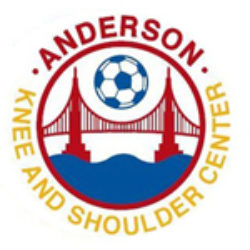Over the last the last three years, my family and I have become reluctant consumers of medical care. During this time, two members of my nuclear family have been diagnosed with cancer. Gradually, my understanding of how to be a good doctor, being on the other side of the doctor-patient relationship, has changed. I have learned that subtle behaviors make a significant impact. I would like to share some of my thoughts with you now.
- The doctor should sit. Even subtle body language is very easy to read. While no one truly to expects the doctor to spend hours with them, the time he or she spends with the patient should not feel pressured or rushed.
- Share with the patient. While it is not appropriate for the doctor to dominate the conversation with their own stories, they should be engaged.
- Touch the patient and do a relevant physical examination. My wife is a breast cancer survivor. During her oncology follow-up visits, the doctor carefully assesses her for pulses in her feet but never feels into her armpit. I’m telling you, if my young, active wife loses the pulses in her feet, we have real trouble. But the armpit is a very likely site of cancer recurrence. It does not inspire confidence.
- Say “I don’t know”. It is hard to hear, and it is hard to say. A lot of questions are truly difficult to answer definitively. It is better to explain your best estimate than fudge your way through a guess.
- Even the strongest patient needs a cheerleader. As a doctor, you want to hear that your patients are improving. When that doesn’t happen, you should find a way to empathize with the patient and help the patient find perspective of how their current condition fits into their overall recovery. Don’t take the patient’s negative report as a condemnation of your skill.
- Listen. It seems silly, but listen. Just don’t pause while you wait for your turn to talk.
While I have exposed to similar themes before, I needed to be a patient’s husband and father to truly understand the importance and impact of them. While wearing my doctor hat, I know that I don’t always follow my own advice. But I’m trying.
-Robert J. Purchase, MD
